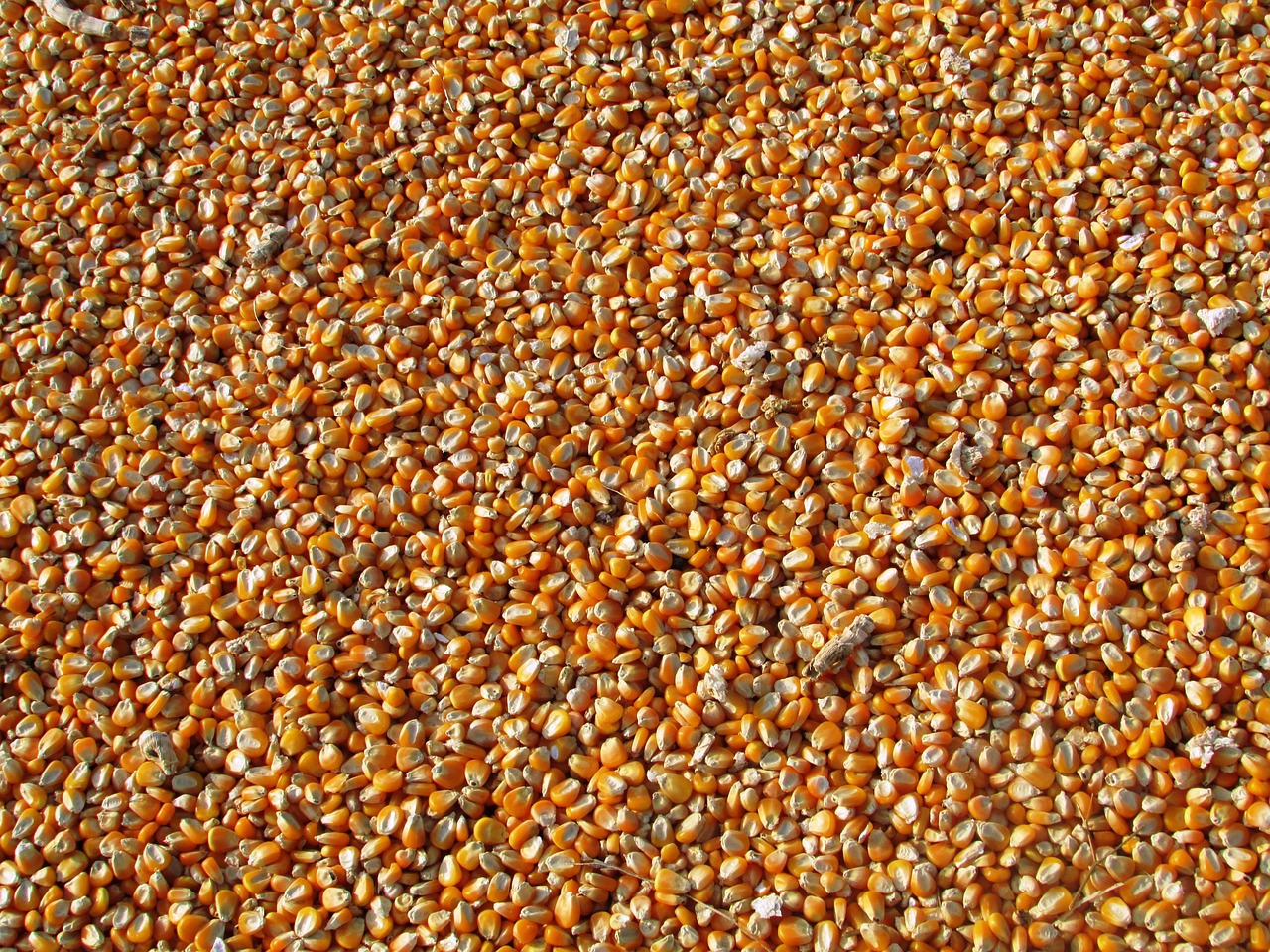
The UK and EU have arrangements with the United States and Canada that enable certain plants and plant products such as almonds and wheat flour to be imported with reduced controls, so long as pre-export checks (PEC) are performed in the country of origin.
Almonds from California
In the United States, PEC certification applies to direct shipments from California, bound for the EU, of bulk and unprocessed almonds classified under HS codes 0802 11 (inshell) and 0802 12 (shelled). The PEC concession enables testing for aflatoxin – a toxin produced by mould that can grow on almonds – to be undertaken in the country of origin by an approved laboratory. The PEC certification includes a description of the consignment, the United States Department of Agriculture (USDA) attestation, and an aflatoxin certificate.
Since January 2024, Great Britain (not Northern Ireland) requires a separate GB-PEC certificate for almond shipments to the UK. Northern Ireland continues to accept the EU’s PEC certificate. PEC concessions are set out in Annex II to the Commission Implementing Regulation (EU) 2015/949. In Great Britain, the provisions of assimilated Regulation (EU) 2017/625 (Article 73) apply.
Canadian wheat and wheat flour
In Canada, PEC concessions apply to the examination and testing of ochratoxin A levels in wheat (HS code 1001) and wheat flour (HS code 1101 00) that are destined for the UK and EU. Like aflatoxin, ochratoxin A is a type of mycotoxin that can be dangerous to humans and animals. It is found in foods including cereals, preserved meat, and fresh and dried fruit.
To qualify for reduced checks, consignments must be accompanied by a sampling and analysis report from an approved laboratory in Canada, and a certificate that is completed, verified and signed by the Canadian Grain Commission. An identity code needs to be included on the certificate, on the report, and on each individual bag or packaging form.
Pre-export checks are not mandatory
Consignments without the certificate and laboratory report required by PEC can still be imported, but do not qualify for reduced checks. This increases the likelihood of examination and sampling to check compliance with British or EU standards. A properly completed PEC certificate download, by contrast, can ensure that consignments are subject to less than 1% controls at the EU and GB borders.
Imports to the UK and EU of plant-based soft commodities that do not qualify for PEC concessions often need to be accompanied by a range of official documentation, including a phytosanitary certificate, to gain customs clearance. Some high risk food and feed of non-animal origin (HRFNAO) also require pre-notification before arrival at the port of entry.




